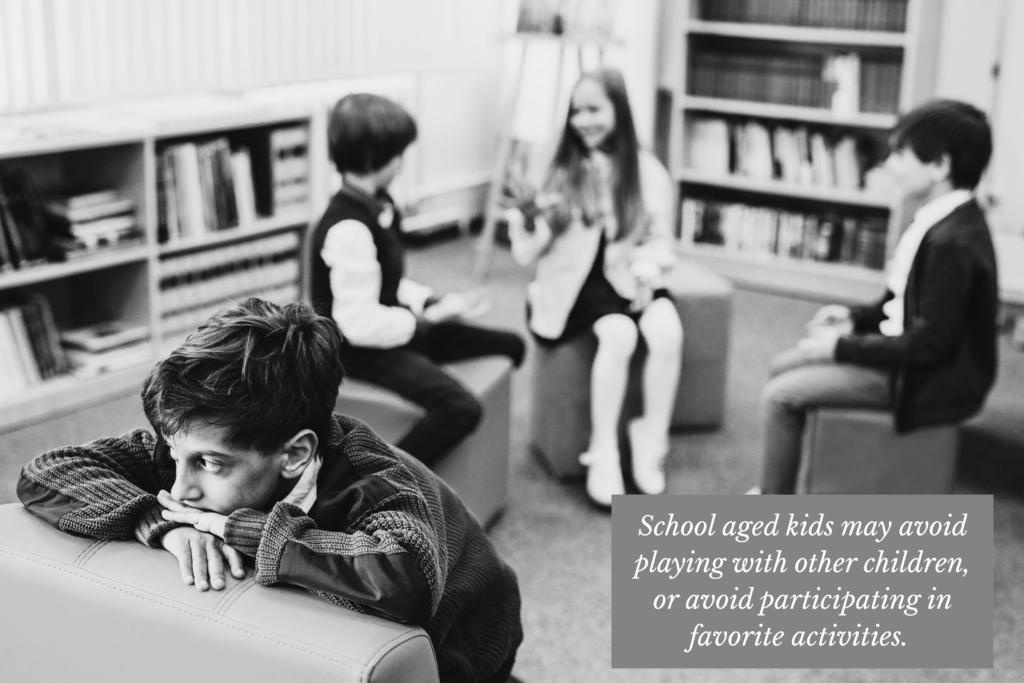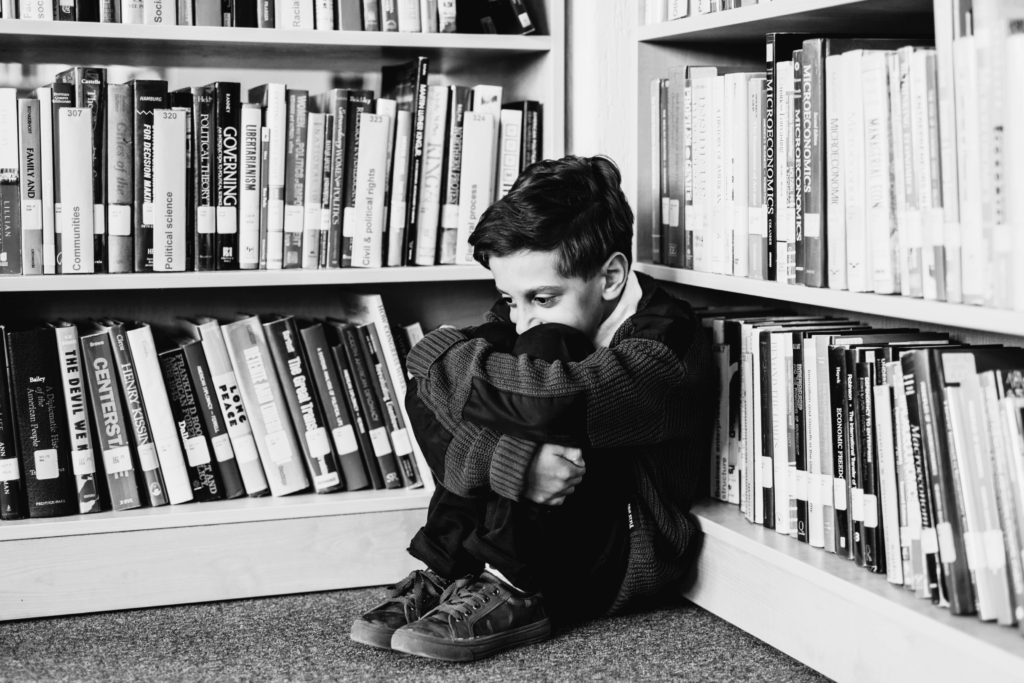If an accident causes visible injuries to a child, it’s fairly easy to pinpoint how those bruises or broken bones occurred—and who should be liable for medical expenses. But what about the less visible emotional harm that an accident can do to a child? The nightmares after witnessing a parent’s gashes from the backseat? The fear of getting into water again after nearly drowning in a neighbor’s pool? The anxiety after being attacked by a dog—even if the bite didn’t draw blood?
How is emotional distress proven, and can children be compensated for it?
The answer is yes, children can and should be compensated for psychological or emotional distress. However, it’s only possible with a knowledgeable attorney by their side who regularly advocates for kids.
The Long-Term Impacts of Emotional Trauma After an Accident
Long after an accident, children have a hard time letting go of what they saw or experienced, even when they were not severely injured. Post Traumatic Stress Disorder (PTSD) can make kids have flashbacks of what happened, or be fearful of it happening again. According to the Child Trauma Institute, children who experience trauma are likely to act differently within days, weeks, or even months after the incident. It’s not uncommon for these kids to worry excessively, have unreasonable fears, or be irrationally afraid of potential threats or hazards for years to come.
Knowing how to recognize signs of PTSD can help identify whether they are dealing with emotional trauma. There are different signs of emotional trauma at every age.
Babies and young children may:
- Cry when getting into a vehicle after a car accident
- Fear being left alone, or with anyone but their parents
- Be afraid of the dark
- Wet the bed
- Become hyperactive. (According to the CDC, symptoms of PTSD in children can mimic those of ADHD.)
School-aged kids may:
- Have nightmares or insomnia
- Become rebellious
- Have outbursts of anger
- Lose their appetite or complain of stomachaches
- Avoid playing with other children
- Refuse to participate in favorite activities or sports
Pre-teens and teens may:
- Refuse to go anywhere in a vehicle, or be afraid to drive
- Show signs of depression and isolate themselves
- Lose interest and concentration in school, causing grades to drop
- Sleep too much, or too little
- Turn to alcohol or drug abuse, which can continue into adulthood

How is Liability Proven for Invisible Injuries?
When seeking compensation for the impacts of PTSD, the same elements must be proven as they would for other injury cases involving children.
Negligence. It must be proven that the accident that caused emotional trauma was caused by someone’s negligence. For instance, a neighbor whose swimming pool was not properly fenced can be found negligent if a child falls in and nearly drowns.
Causation. There must be a direct link between the defendant’s negligent actions and the trauma sustained. For instance, if your young child almost drowned and is now refusing to get into the bathtub, having night terrors, and screaming every time you walk out of the room, a psychological evaluation could prove that the near-drowning incident is directly related to his behavior.
Damages. There must be evidence of quantifiable damages, such as lost wages because your child can’t be left in daycare; bills for counseling and psychiatric medications; and other proof that the accident has affected your family financially.
All of the above can be difficult without legal expertise. In a court of law, it’s much easier to prove damages when there are outward signs of injury.
Because a judge or jury needs proof of emotional distress, it’s imperative to keep all associated records having to do with your child’s symptoms of trauma. Your attorney will also gather experts and witnesses who can attest to how your child’s behavior since the traumatic incident has affected your family’s life.
To build a strong case in court, your legal team will need:
Thorough documentation. Detailed records of mental diagnoses, medications, and treatments that your child has received will help to show proof of their condition. You will also need to present reduced paychecks if you have missed work to care for your child.
Expert testimony. After evaluating your child, a child therapist can explain to the court how their behavior and fears are connected to the accident, and testify to the long-term effects this trauma could cause.
Lay witness testimony. Friends, family, and teachers can attest to the changes in your child’s physical and emotional well-being after the accident.
How Much Compensation is Available in Injury Cases Involving Children?
It’s important to remember that even if your child did not endure severe physical pain, emotional trauma is an injury that was caused by someone else’s negligence—and that party should pay for the damages they caused. Your family can receive compensation to cover the costs of:
Medical treatment. Beyond hospital or doctors bills, medical treatment can include antidepressants, anti-anxiety medication, and treatment for substance abuse due to PTSD.
Therapy. Ongoing counseling is expensive, but it can help a child overcome fears and recover from their trauma.
Loss of enjoyment of life. Depression and anxiety can be life-changing for kids of any age. Your child deserves to be paid non-compensatory or punitive damages for missing out on time with friends, hobbies they used to enjoy, and important lessons they could be learning in school.
Lost wages. Caring for a child with emotional trauma after an accident can affect a parent’s ability to work, leading to a financial burden for the family.
Kane’s Attorneys are Here to Help Your Family Heal
There’s no band-aid that can fix a child’s emotional distress after an accident. Kids need ongoing therapy and support to heal, and that requires funds that families don’t always have. As legal advocates who are passionate about children’s rights, our attorneys are here to help your family seek compensation to get the care your child needs. Contact us today for a free consultation.
